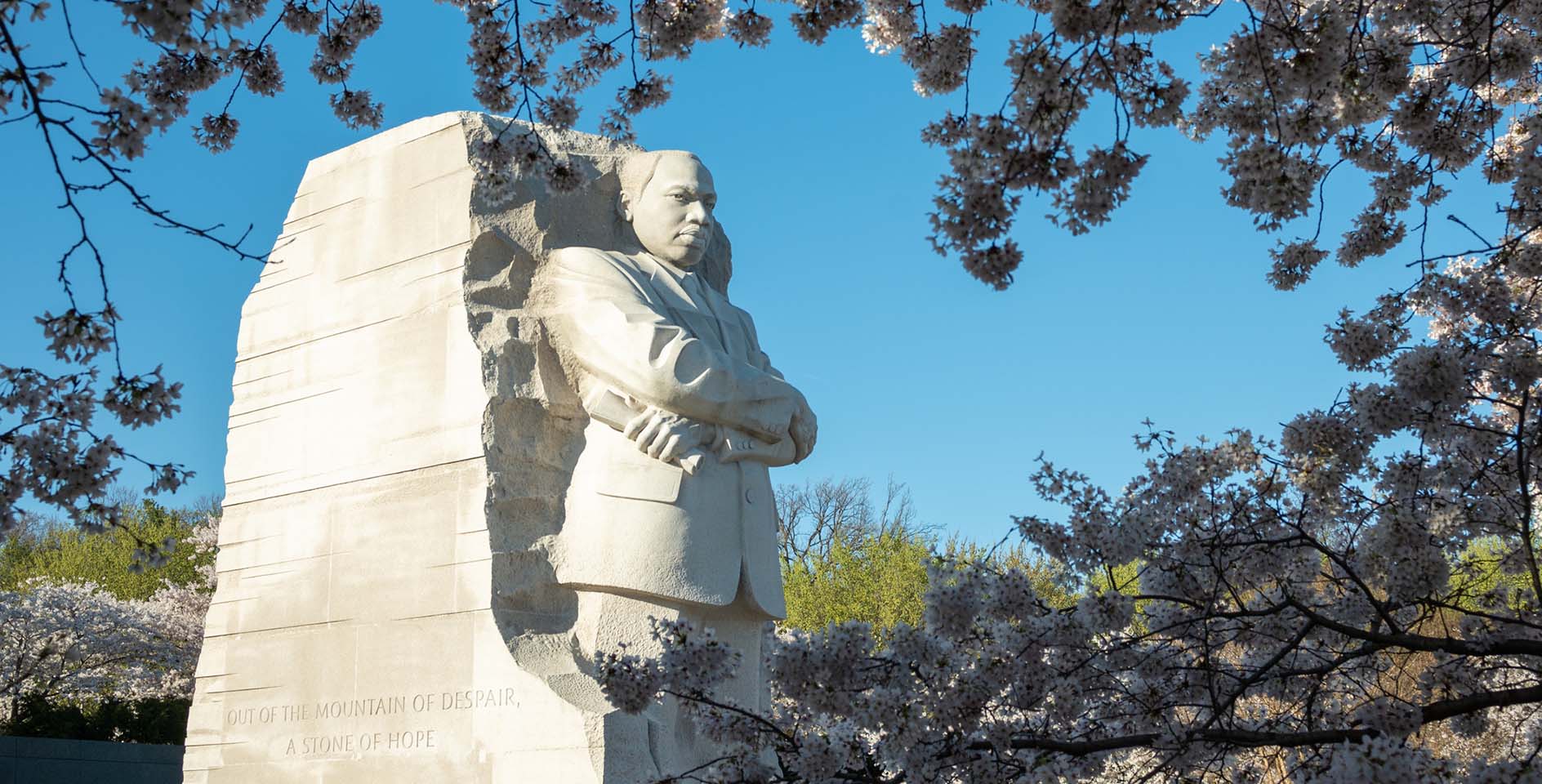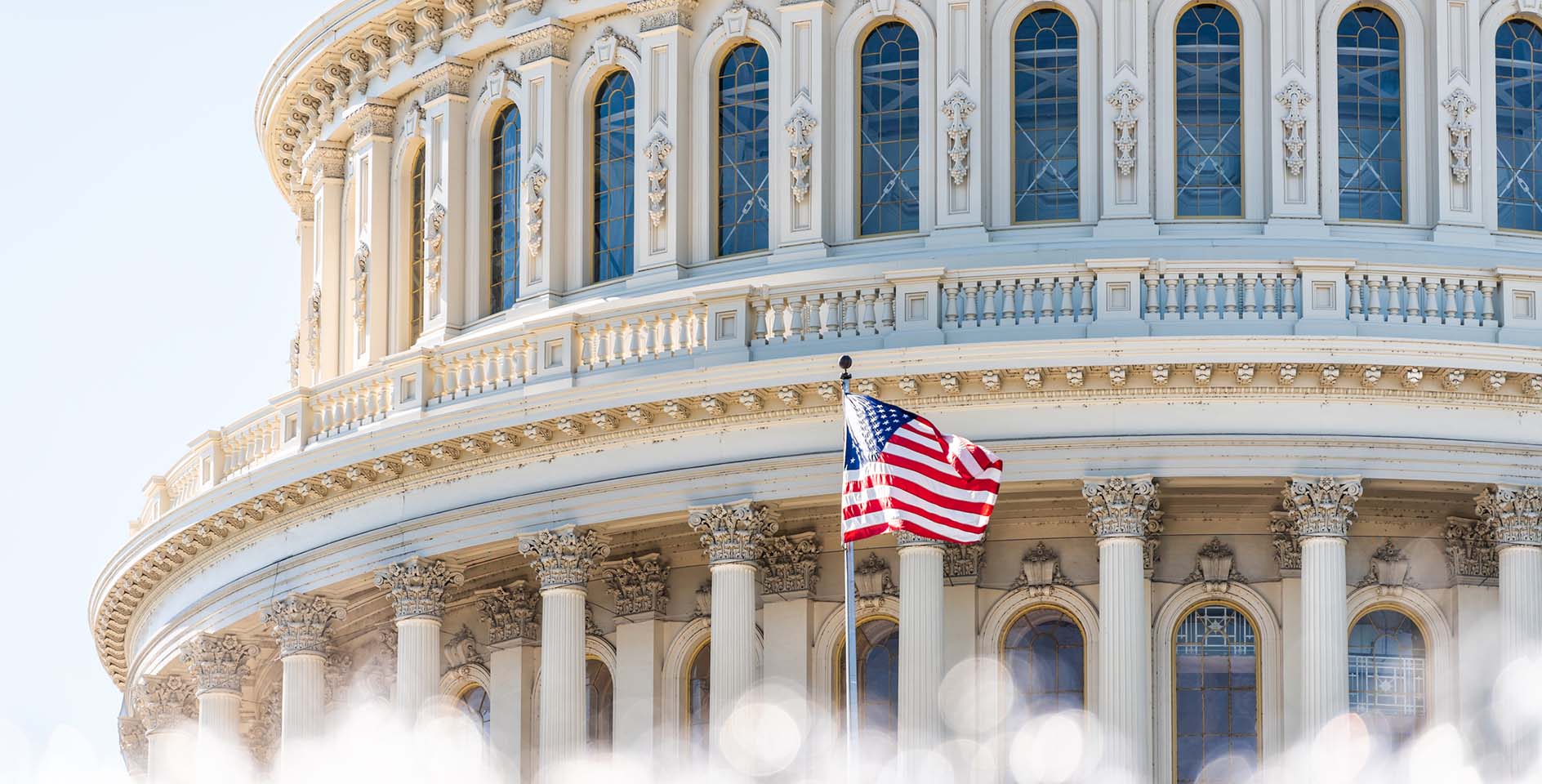News broke today that the baker at the center of the religious liberty Supreme Court victory in June, Jack Phillips of Masterpiece Cakeshop fame, is going back to federal court, filing suit against the Colorado Civil Rights Commission who alleges that he discriminated against a transgender person.
Twenty-four days after Phillips’ Supreme Court Victory, he was told by the Civil Rights Commission of Colorado that he was guilty of discrimination. His offense this time around? The official complaint reports that Phillip declined to make a birthday cake celebrating a man’s “gender transition” from male to female. According to the progressive standards of the Colorado Civil Rights Commission, this constitutes an invidious form of public accommodation discrimination. Why? Because Phillips declined to make a cake on the grounds of a person’s self-disclosed “gender identity,” which is a protected class in Colorado, despite “gender identity” being a philosophically incoherent concept, as I argue in my book.
In June 2017, a man entered Phillips’ cakeshop asking him to design a cake with pink coloring on the inside and blue coloring on the outside of the cake, ostensibly because the man’s inner gender identity is female, signified by the color pink.
Phillips declined to make such a cake on the grounds that using his abilities to create a cake that expressed a message at odds with his religious convictions on sex and gender identity violated his own rights to free speech and religious liberty. He says he will not “promote the idea that a person’s sex is anything other than an immutable God-given biological reality.” With this, Phillips’ view mimics standard Christian teaching on the nature of male and female. Phillips has similarly declined Halloween cakes, divorce cakes, or cakes with a vulgar message such as racism or drug use.
It’s worth restating an important principle at the heart of this case that goes back to the original case: Jack Phillips is willing to serve every person, but he’s not required to create every message that a person desires or endorse every event a person intends to host with one of his cakes. In its lawsuit against Phillips, Colorado even acknowledged that Phillips is free to decline creating a message for one person that he would also not create for someone else.
The attorneys for Phillips also argue that the state of Colorado is once again arbitrarily targeting Phillips because of his religious beliefs:
Although the state has repeatedly found no probable cause in other cases where cake artists refused to create custom cakes, the state treated Jack differently when he declined a request for an expressive cake celebrating the idea that sex—the status of being male or female—can be chosen and changed and that it is determined by perceptions and feelings.
In a statement put out by Alliance Defending Freedom, ADF senior vice president of U.S. legal division Kristen Waggoner, who argued Jack Phillips’ victorious case at the Supreme Court, observed:
The state of Colorado is ignoring the message of the U.S. Supreme Court by continuing to single out Jack for punishment and to exhibit hostility toward his religious beliefs. Even though Jack serves all customers and simply declines to create custom cakes that express messages or celebrate events in violation of his deeply held beliefs, the government is intent on destroying him—something the Supreme Court has already told it not to do. Neither Jack nor any other creative professionals should be targeted by the government for living consistently with their religious beliefs.
There’s much at stake in interpreting the multiple layers to this repeat affair.
First, the facts of this new case are even stronger in defense of Phillips’ rights. The person alleging discrimination against Phillips outrightly admits that the purpose of a birthday celebration cake marking his seventh year of transitioning to female was to “celebrate a sex-change from male to female.” This baldly demonstrates the expressive context and purpose behind the cake, the expressive message that Jack Phillips objects to creating. This admission by the complainant acknowledges that cakes are expressive, which implicates both free exercise claims and free speech claims.
The complainant, Autumn Scardina, has a history of requesting cakes from Phillips with lewd designs including both sexualized and Satanic messages that Phillips morally disagrees with. Many of the requests are too lewd for this platform but can be read here on pages 36-37 of ADF’s brief. Given that the person making claims against Phillips is a repeat agitator, it is evident that the person is a bad-faith operator acting out of hostility toward Phillips and convictions like his.
Second, the Colorado Commission on Civil Rights is once again targeting Jack Phillips. In the past, Phillips’ views were likened to the views of slaveholders and Nazis, and remarks of this nature were directly rebuked by the Supreme Court. As the Alliance Defending Freedom makes clear in their brief, Colorado is continuing its practice of treating Phillips worse than other cake artists because it despises his religious beliefs and how he practices his faith. The Colorado Commission on Civil Rights is revealing itself to be a political organ of progressivism. The Supreme Court rebuked the Commission once before, and should do so again with this discredited agency if it rises to that level.
Third, progressive coercion against Jack Phillips is pathetic and exposes its aggression toward those who refuse to yield to the dogma of the Sexual Revolution. Absent is any measured response. Absent is any goodwill. Instead of understanding those who disagree, the approach taken by progressives is a scorched-earth policy of vanquishment and winner-takes-all. This is not a long-term winning strategy, as those who believe in the immutable truths of sexuality and gender are captive not to public approval, but to the Word of God. Progressives might think they can wait out cultural shifts due to demographic destiny, but the permanency of God’s authority over creation is eternal and His church is triumphant, and this is true regardless of whatever twists and turns happen in the future.
Fourth, the attempt by progressives to make an example of Phillips is also a sign of civic sickness. There are ways to resolve this case, like simply using one of the multitude of bakeries that has no religious or moral objection. Apart from seeing Jack Phillips celebrate what he considers sin, however, progressivism won’t stop harassing him. An overly litigious culture like our own means, to quote theologian Herman Bavinck, that "the more laws we need, the more it becomes evident that rational and moral understanding, that natural love and natural bonds, are losing their influence and power." The immediate turn to relying on courts and statutes to resolve every intra-human moral dispute using the apparatus of the state means our civic health is in decline.
Fifth, a doubling-down on Jack Phillips is going to backfire. Over the course of the first case involving Phillips, once all the facts were known about Phillips, he became an extremely sympathetic figure and progressivism’s persistent howling of “discrimination” at every corner was met with diminishing returns. The case struck a chord with innocent observers: Why should a gentle, nice man like Phillips who has no animus against LGBT people be required to create something he disagrees with? Is there not a double standard at play? When a baker of Phillips’ character and meekness has to be made an example of by progressives to the degree that he already has, progressivism is resorting to silliness. They are resorting to vindictive pettiness. This is mean-spiritedness is the very opposite of the inclusiveness that progressivism hypocritically preaches.
A better way forward
The news about Jack Phillips is a reminder that progressive culture war tactics are exacting. Episodes like this reveal the inner logic of progressivism’s strong-man impulse. Instead of debate, bully. Instead of civility, just claim to be a victim. Instead of principled Constitutionalism, just rely on identity politics. In this, progressivism brooks no compromise. It offers the opposite of the tolerance it peddles. But there is a better way forward, and very recently, at the ERLC, our organization had the opportunity to pursue that better path.
A few months ago, our creative director responsible for branding the ERLC’s logo on various clothing items such as polo shirts or jackets was informed by a nationally-known brand that the ERLC’s mission did not align with their corporate values, and we were prohibited from putting our logo on their clothing. To put it bluntly, the Ethics and Religious Liberty Commission, an entity of the Southern Baptist Convention, was unabashedly discriminated against.
When our creative director walked into my office to notify me of this, my first response was to smile. Why? Because the ERLC had been the victim of discrimination, and I knew an opportunity like this meant the ERLC could pursue the moral high ground. What progressivism does to dissenters, we would not do to them.
I’m not going to identify what the particular brand was that discriminated against the ERLC, because the ERLC is not looking to score points against this particular company nor are we looking to file any type of lawsuit.
Another option was available: Avail ourselves of the hundreds or thousands of other companies that would be willing to take our money in exchange for their product. We did.
No lawsuit was necessary. No media storm was called for. We have zero desire to force the discriminating company to agree with us or comply with our demands. No one was holding the other hostage to their ideological expectations.
The power of choice and the freedom of viewpoint diversity allowed two actors to pursue a pathway of pluralism.
I think this company was mistaken and acted ignorantly, but in a free society, I want to leave room for a company of this nature to hold its beliefs and to acts on its beliefs where no obvious public harm was occurring.
Episodes like those against Jack Phillips do not have to happen. There are other options, options like what the ERLC was faced with a mere few months ago. But who will take the higher ground and allow diversity, true tolerance, religious freedom, and free speech to prosper?










